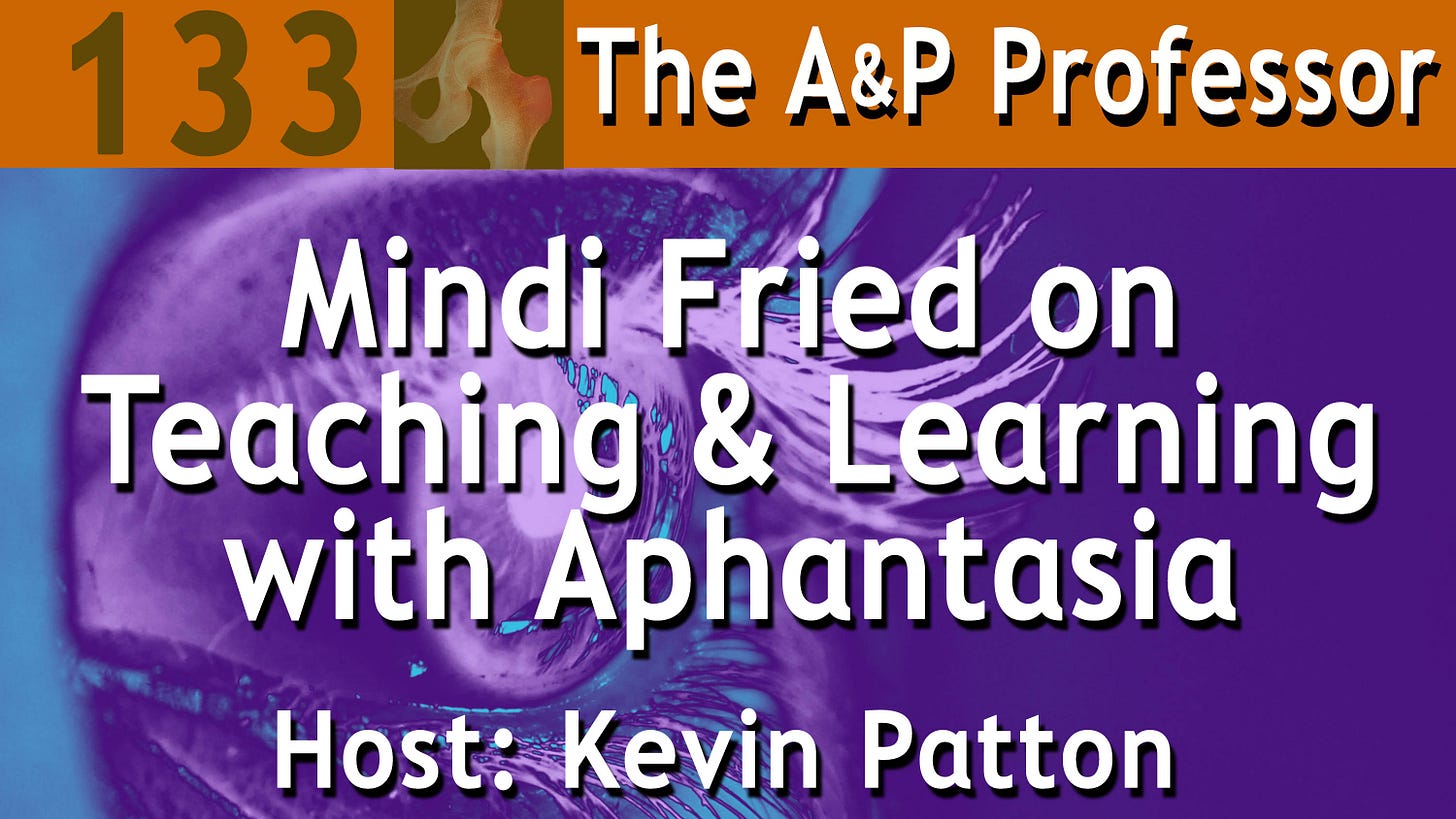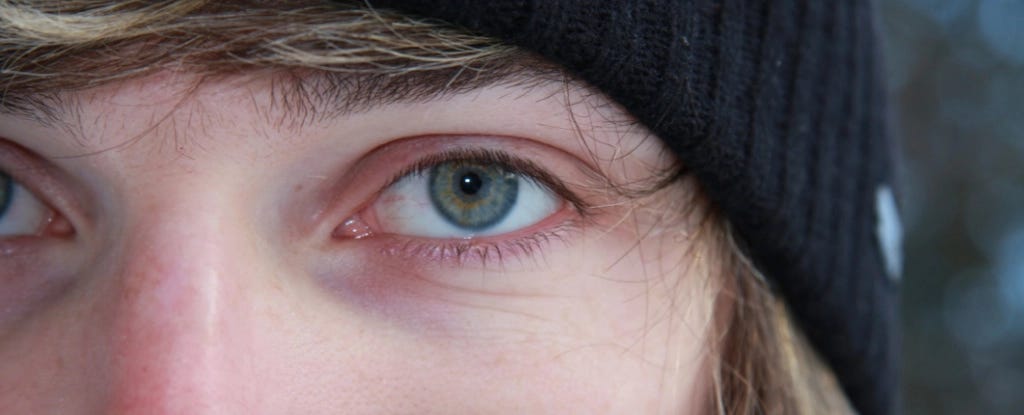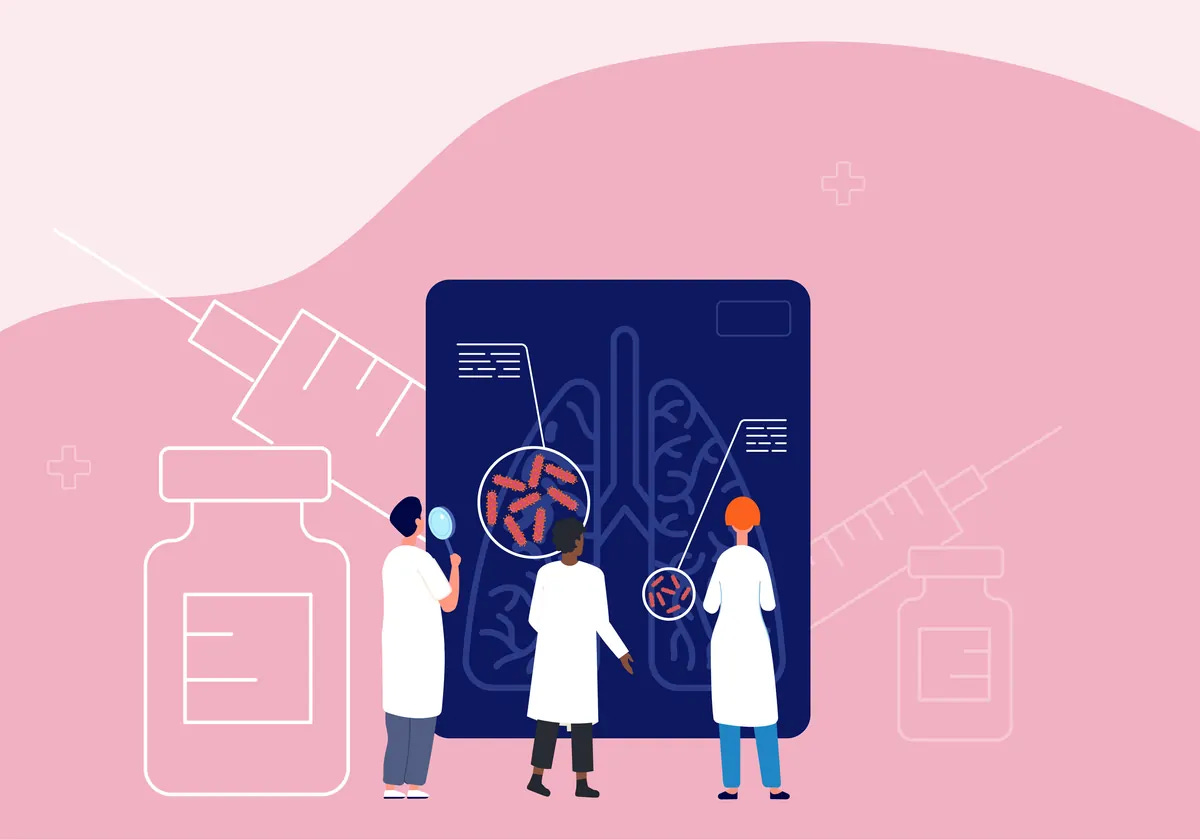Sci-Ed Update 253
Re-introducing playfulness to higher ed, RSV vaccines, making professional development accessible. assessing bruises in dark skin, new research on working in groups, and many more stories.
Coming Soon!
The holiday has put us a little behind, but count on a new episode of The A&P Professor podcast later this week. This one features a conversation with A&P professor Dr. Mindi Fried on her experience as a learner and instructor with aphantasia. You won’t want to miss it!
Now is a good time to download the TAPP app or follow The A&P Professor wherever you listen to audio! Then you’ll get the new episode as soon as it’s available.
Restoring trust in university learning is child’s play
A utilitarian approach to undergraduate education is leading to disenchantment among students and society. It is time to put ‘play’ at the heart of learning, says Colm O’Shea
Photo: PxHere
The logician Alfred North Whitehead wrote in the 1920s that knowledge can only be brought to life through imagination. “It can only be communicated by a faculty whose members themselves wear their learning with imagination,” in his words. Few doubt that play and creativity are central to early years education, but in higher education they are too easily dismissed or neglected, according to Colm O’Shea, clinical associate professor with the expository writing programme at New York University.
In today’s long read he calls on those who teach undergraduates to trust themselves and their students enough to make space for exploration and mistakes. “In my classroom over the past few years, garden-variety adolescent self-consciousness has given way to a more pernicious fear: that students might accidentally offend someone by espousing the ‘wrong’ idea or using the wrong terminology,” he writes. “In a final turn of the screw, the students don’t trust themselves to think the right thoughts, and often seem to regard their own ideas with suspicion.” Instead, students should be made comfortable with thinking that gets messier before clarity emerges. “Once students trust themselves to forge their own thoughts, then – and only then – will they trust the institutions that aided that project.”
Read more→ AandP.info/7bd
Playful & Serious Is the Perfect Combo for A&P
The previous episode (TAPP 12) explained Kevin’s view that effective A&P teachers are good storytellers. This episode “continues the story” by discussing analogies. Analogies can be stories that help students understand complex concepts. Sometimes, they are most effective when they are playful, which helps engage students and makes the stories easy to remember. Kevin relates his use of “phosphorylation frogs” in a story that can be referred to every time ATP generation comes up in the course. What are the pros and cons of using analogies?
To listen to this episode, click on the player (if present) or this link→ theAPprofessor.org/podcast-episode-13.html
Here's why you should make a habit of having more fun
Rachel Maryam Smith fell in love with the ethereal beauty of giant soap bubbles several years ago and began creating them at sunset events in Santa Cruz, Calif. When enjoying bubbles together, "there is a euphoric point I have observed my participants reach," she says.
Read more→ AandP.info/oww
Why Are ORs So Cold? (It's Not What You Thought)
Cool facts from YouTuber Max Feinstein, MD
Why are operating rooms (ORs) so cold, and why is that so annoying to anesthesiologists? In the video above, Max Feinstein, MD, explains why ORs are cold, and what measures are taken to protect patients against problems associated with low temperatures.
Read more→ AandP.info/cnd
New research could help nurses, police detect bruises on people with dark skin
A new study funded by the National Institute of Justice, the Justice Department's research arm, could help forensic nurses shed new light on bruises suffered by people with darker skin, which could be a boon for prosecutors. Kevin Dietsch/Getty Images
"Bruises tell us a lot about what has happened to a particular patient who's experienced violence and unfortunately if I can't see the bruise clearly it really limits my ability of what to document and what to report in the medical record," Scafide said.
Scafide and her team at GMU found that blue or purple light is as much as five times better at detecting bruises on those patients.
The Justice Department praised the work as a model of inclusive research.
Read more→ AandP.info/z93
Working on a Task With Another Person Changes Your Brain Activity, Study Finds
Eye contact appeared to play an important role in brain connectivity. (Quanthem/iStock/Getty Images)
Something strange and rather wonderful happens when two people are working together on the same task, a new study shows: key regions of their brains sync up, suggesting we can match each other's neural activity when we're in groups.
Kevin Patton comment→ This may help us gain insights on the value of collaborative group learning. And may explain some of the amazing things we see when students of diverse abilities come together to solve problems.
Read more→ AandP.info/urw
Best Way EVER to Eliminate Student Complaints About Assignments
One part of teaching that can be overwhelming is when students complain about assignments. After the first few years of being a professor, I finally created something that eliminated complaints about my assignments (or at least complaints within my earshot).
In my course syllabus, students were given a form (you may download it here) that invited them to propose an alternative assignment to the one they had been given as part of the syllabus. The form is set up to give students the option of making a clear case for doing something other than what I had assigned, including a justification, how it would relate to the concepts my assignment was intended to build, and how they proposed I grade it.
Four things happened…
Kevin Patton comment→ This is a great article from my friend Meggin McIntosh, with a simple but effective way to move toward a better way to do assessment, do grading, and all with fewer student complaints!
RSV Vaccines That Work?
Multiple candidates are in Phase 3 clinical trials for older adults and pregnant women, with some getting close to approval in the United States.
MODIFIED FROM © ISTOCK.COM, MICROVONE
One, which included more than 30,000 adults 60 years and older, found that the vaccine protected people against lower-respiratory tract illness (such as pneumonia and bronchitis) from both strains of RSV and was safe and well-tolerated.
The other included approximately 7,400 pregnant people, half of whom were vaccinated in the late second to third trimester of pregnancy. Pfizer reported in November that the vaccine was more than 81 percent effective at protecting infants from severe lower respiratory tract illness due to RSV through the first 90 days after birth, and 69 percent effective through the first 6 months; there were no safety concerns for the mothers or infants.
Last December, the FDA accepted for priority review Pfizer’s Biologics License Application for the vaccine. An FDA Advisory Committee will meet to discuss Pfizer’s RSV vaccine on February 28th.
Read more→ AandP.info/1rc
Instructors are learners too: Making faculty development accessible to faculty
This chapter explores the range of barriers that instructors, especially adjunct and other non-tenure track instructors, may face when attempting to learn new pedagogical techniques or improve their courses. The author will present concrete strategies for using a disability-informed Universal Design for Learning (UDL) approach to making faculty development programming accessible for a range of instructors by modeling effective UDL practices that instructors can use in their own classrooms.
Kevin Patton comment→ It’s abundantly sensible—and necessary—for colleges and universities to make professional development experiences accessible for all faculty.
Read more→ AandP.info/tsk










